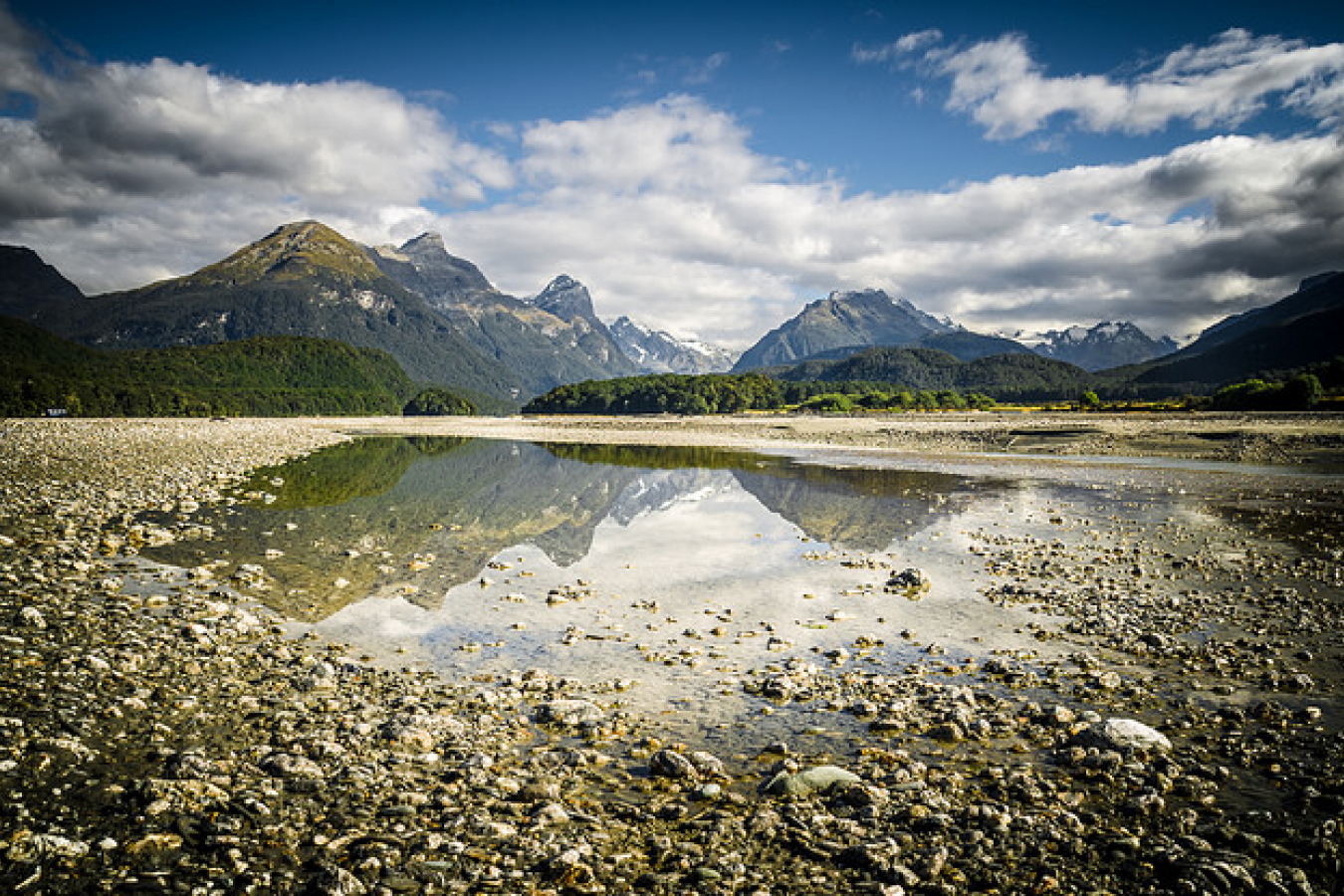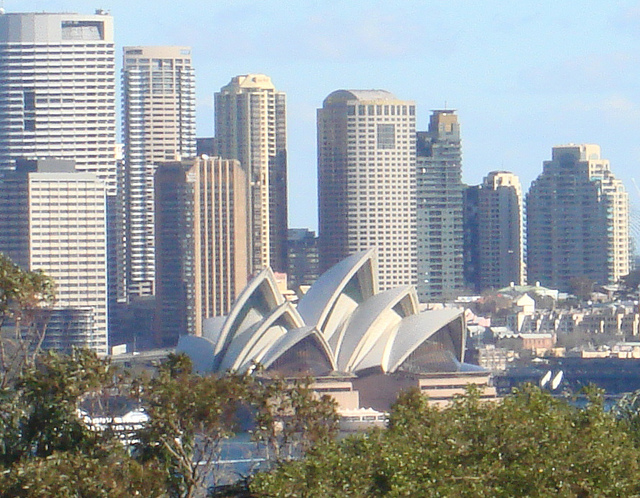New Zealand Prime Minister, John Key, says the country’s policy of bringing in immigrants to fill vacancies, even in low-skilled roles like fruit farming, is justified because of the poor work ethic among domestic workers. According to recent figures, 69,000 foreign nationals settled in New Zealand in the year to July.
Michael Woodhouse, New Zealand’s Minister for Immigration, recently revealed that the government plans to review the number of foreign workers entering the country within the next month or so. However, he added that the government is unlikely to change immigration policy.
Meanwhile, the Labour Party has called for a review of the country’s shortage occupation list, claiming that there is a ‘mismatch between immigration and labour market needs. They say too many foreign workers are being brought in, while thousands of New Zealand labourers remain jobless.
Claims Immigration putting a strain on New Zealand’s infrastructure
During a recent interview with Radio New Zealand’s Morning Report broadcast, Mr Key said that immigration levels were putting pressure on the country’s infrastructure. However, he reiterated that the government would continue to encourage workers to come in large numbers in order to fill job vacancies.
Key said this policy would remain based on feedback from employers, who say that they’re struggling to recruit New Zealanders because of problems with drugs or work ethic. Key said: “We bring in people to pick fruit under the RSE (Recognised Seasonal Employer) scheme, and they come from the islands, and they do a fabulous job.”
“The government has been saying ‘well, OK, there are some unemployed people who live in Hawke’s Bay, and so why can’t we get them to pick fruit and we have been trialling a domestic RSE scheme.
But go and ask the employers, and they will say some of these people won’t pass a drug test, some of these people won’t turn up for work, some of these people will claim they have health issues later on. So, it’s not to say there aren’t great people who transition from Work and Income to work, they do, but it’s equally true that they’re also living in the wrong place, or they just can’t muster what is required to actually work,” he added.
Key stated that geographic location is proving to be a major factor in matching the unemployed with available job roles. Key said it’s often easier for a migrant to fill a role in a location where employers struggle to entice New Zealand workers.
He said: “As a result of higher immigration numbers, you need to spend more money on the basic services, whether it’s education or policing or whatever it might be, a bigger population drives that.”
“The counter-argument is that it creates economic activity, migrants usually add quite a lot of value to our country, not just in terms of what they bring culturally, they generally add to the overall economic wealth of the country,” Key added.
Shortage of suitable New Zealand Workers
Richard Wagstaff, president of the Council of Trade Unions, described Key’s comments as ‘unfair to local workers.’ He said that the government needs to review pay and working conditions in the horticultural sector.
“Demonising New Zealand workers and not giving them a shot at these jobs and creating reasonable jobs is the wrong way to go and I think it’s a political stunt.”
However, one fruit grower in Hawke’s Bay backed Prime Minister Key views on New Zealand workers. Leon Stallard - a grower, a director at Horticulture New Zealand and a former president of the Hawke’s Bay Fruit Growers’ Association, said key was spot-on when describing immigrant workers as more reliable when it comes to seasonal work.
He said: “I would say everything that John Key said, yes, is true - I would tick every one of those boxes, in essence. I mean, labour is one of the most stressful parts of this business other than the weather.”
“In previous years, fruit growers were reliant on whole families from the local area for seasonal work and could count on them returning every year. However, this is no longer the case,” Stallard said.
Stallard went on to state that he can depend on migrant workers and that their productivity was far greater. He claims that if he recruits 30 foreign workers, he knows that 30 foreign workers will come back the day after, which is not the case with locals.
During last year’s seasonal cycles, Stallard said that out of a 30 strong workforce, just two would have been New Zealanders. For his own orchard, he has recruited migrants including New Zealand-Samoans and backpackers from Japan, Germany, Russia and the Czech Republic, plus countless other countries.
However, Stallard did stress that there are permanent opportunities in the orchards, especially for locals. He said: “There's definitely opportunities for permanent staff in the orchards – that’s what you see advertised now quite often, is people with skills, that’ve got some understanding of our industry, who have had some training.”
“If they haven't got training, most of the growers are more than happy to assist them into training and help them and encourage them to get into the industry. We need quite a few thousand in the next few years - the industry’s in a bit of a boom phase at the moment,” he added.




